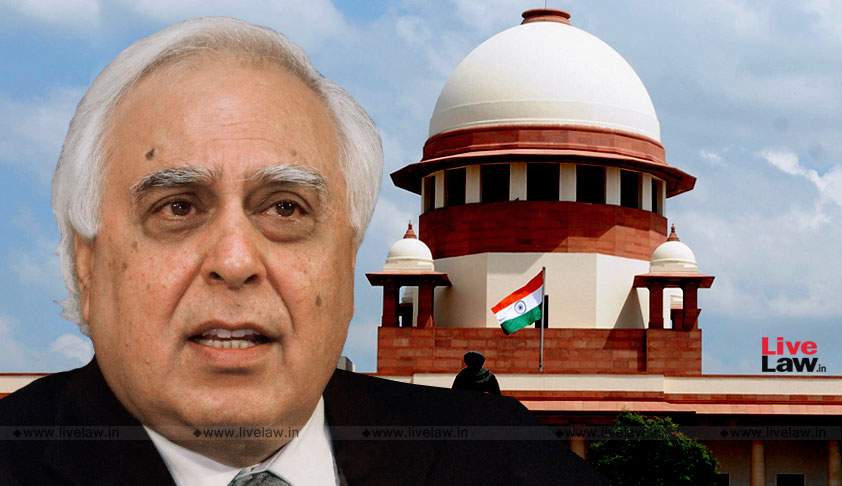When A CM Seeks Vote Of Confidence, Whip Is Not Required, Kapil Sibal Tells SC
LIVELAW NEWS NETWORK
11 Dec 2018 9:52 PM IST

Next Story
11 Dec 2018 9:52 PM IST
Senior counsel Kapil Sibal, while making his submissions in R.Sakkrapani v Secretary, Tamil Nadu Legislative Assembly and others, told the Supreme Court bench of Justice A.K.Sikri, Justice Ashok Bhushan and Justice S.Abdul Nazeer, that the confidence motion moved by a Chief Minister is itself a direction to the ruling party members to vote in its favour, and therefore, a whip is not required...
